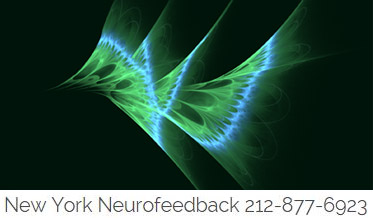-
Our Brains are Wired for Connection to Others
- Posted on June 23, 2014
- by Catherine Boyer
- in Mental Wellness, New York Neurofeedback, The Brain
- Comments Off on Our Brains are Wired for Connection to Others
Forbes Magazine recently published an interesting article titled Study: To The Human Brain, Me Is We.
Here’s the heart of the article:
A new study from University of Virginia researchers supports a finding that’s been gaining science-fueled momentum in recent years: the human brain is wired to connect with others so strongly that it experiences what they experience as if it’s happening to us.
If you read the
 study abstract (scholarly language for “summary”), you’ll find that the researchers used fMRI scans of participants’ brains to compare their reactions to a perceived threat to themselves with their reactions to a perceived threat to a friend and to their reactions to threats to strangers.
study abstract (scholarly language for “summary”), you’ll find that the researchers used fMRI scans of participants’ brains to compare their reactions to a perceived threat to themselves with their reactions to a perceived threat to a friend and to their reactions to threats to strangers.The researchers’ description of the results uses names of brain parts that most people are not familiar with, but what it boils down to is that we react physiologically the same way to threats against the people we feel most connected to as we do to threats against ourselves. But but we don’t react the same way to threats against strangers.
It seems that we don’t have built in wiring for empathy for strangers, but we are hard-wired for connection to the people we’re close to. How we experience threats to them is the same way we experience threats to ourselves.

The article also references the work of Dr. Dan Siegel, one of my favorite neurobiology authors and teachers. Dr. Siegel writes eloquently and accessibly (to non neuro-trained people) about the importance of connectivity. If you’d like to read more about that, here are two of his excellent books. (The second one is the more technical.)
 I’ve always been interested in the mind and the brain and their relationship to each other. (This is one of the things Siegel writes about.) Since becoming a neurofeedback trainer ten years ago, I’m even more interested in this kind of writing and research.
I’ve always been interested in the mind and the brain and their relationship to each other. (This is one of the things Siegel writes about.) Since becoming a neurofeedback trainer ten years ago, I’m even more interested in this kind of writing and research.With training, my NeurOptimal® neurofeedback clients’ brains can become more flexible and resilient. Anxiety and depression typically reduce, and they become much more able to navigate well and enjoy their connections to others. That’s nice to see,
 especially given the importance of connection.
especially given the importance of connection.Catherine Boyer, MA, LCSW-R
New York Neurofeedback
If you enjoyed this article please consider sharing it!





